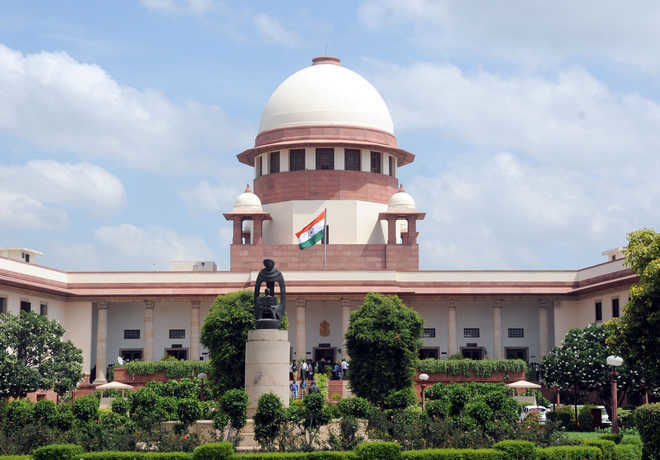A prolonged legal battle between the Centre and states has ended in a victory for the latter. The Supreme Court has ruled that royalty payable on minerals is not a tax, and states have the legislative competence to impose taxes on mines, minerals and mineral-bearing land. At the heart of the dispute was the Mines and Minerals (Development and Regulation) Act, 1957. Citing the Act, the Centre had argued that only Parliament could impose taxes on minerals. However, an SC Bench ruled that the law did not restrict the states from levying taxes on mines and mineral development. The verdict is expected to benefit mineral-rich states like Jharkhand and Odisha, which are seeking the recovery of taxes worth thousands of crores of rupees levied by the Centre on mines and minerals.
Had the Union Government been accommodative of the states’ needs and aspirations, the matter could have been resolved through negotiations. Instead, the top court had to intervene to break the deadlock. There is nothing new about Centre-state discord, but it has become increasingly commonplace and more acrimonious in recent years. The special packages announced for Bihar and Andhra Pradesh in the 2024-25 Union Budget have prompted the Opposition to cry foul over the alleged discrimination meted out to states where the BJP is not in power. The sorry state of affairs is summed up by the decision of the Chief Ministers of several Opposition-ruled states to skip the NITI Aayog meeting on July 27 in protest against the ‘politically biased’ Budget.
Back in the late 1980s, the Sarkaria Commission had emphasised the need for harmonious Union-state relations, based on the principles of cooperative federalism. Sounding a cautionary note, the Commission had observed that greater centralisation of powers aggravated the problems of the people rather than solving them. The Centre would do well to dust off the panel report and study it closely. An overbearing or unfair Union Government cannot turn this developing nation into Viksit Bharat.









